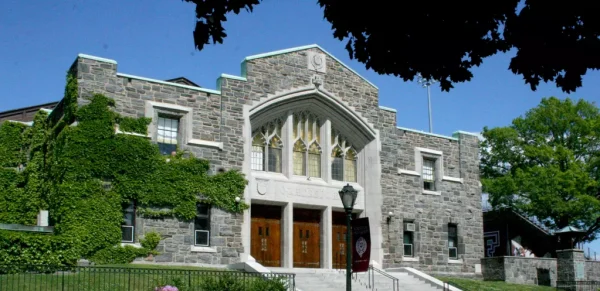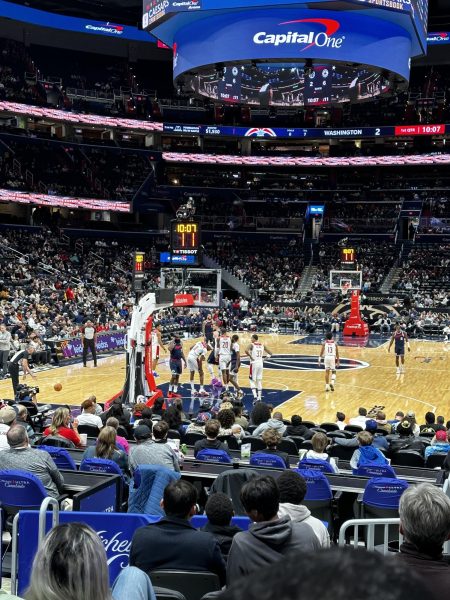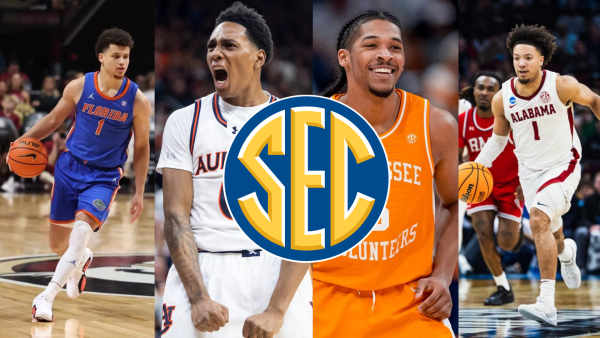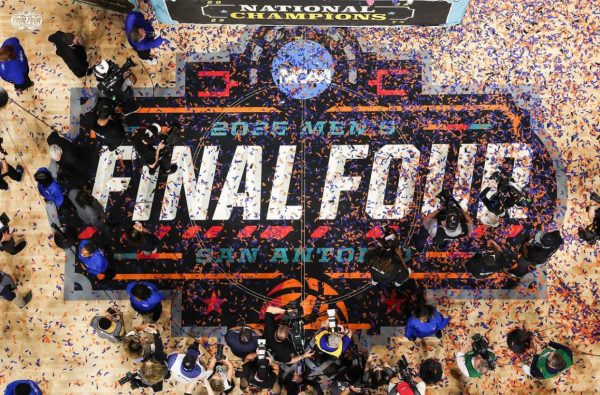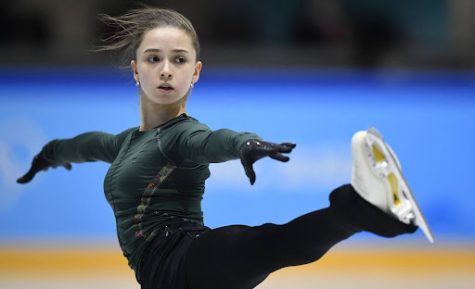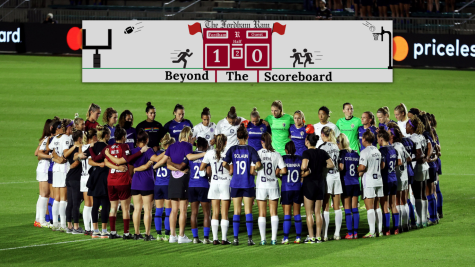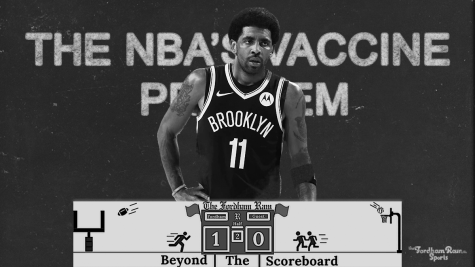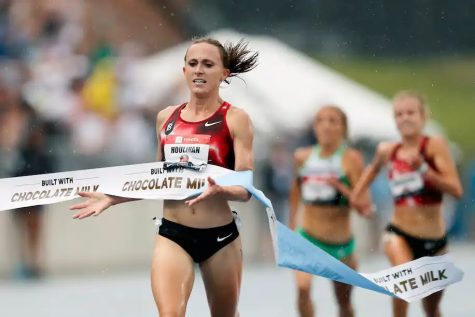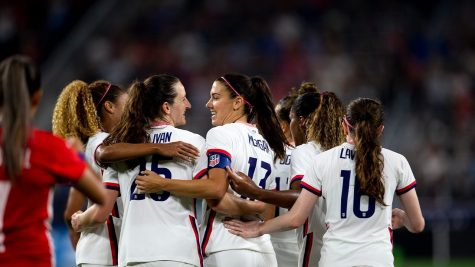Beyond the Scoreboard: Loyalty, Loyalty, Loyalty
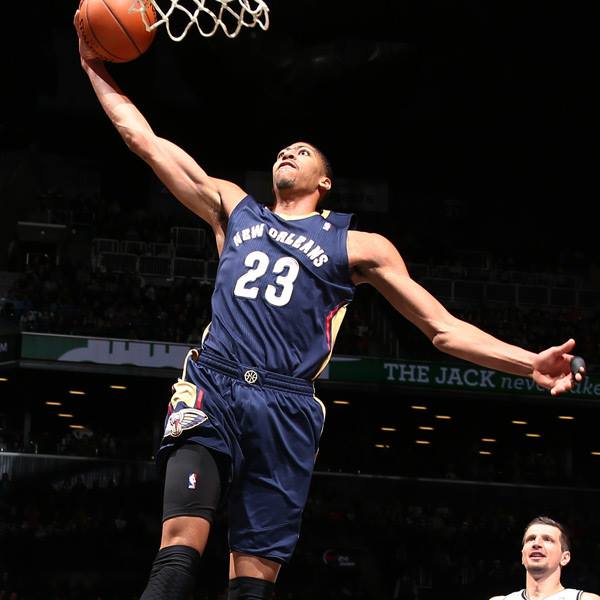
Anthony Davis, pictured above, faces scrutiny for requesting a trade. (Courtesy of Flickr)
By Andrew Posadas
Loyalty seems simple enough in context to the NBA. A franchise is expected to show good faith in its star players by constructing the best team possible. In return, star players are called upon to show allegiance to their franchises by staying long-term.
Unfortunately, this is all conjecture.
Take what’s been going on in the NBA so far this season and what’s to come. New Orleans Pelicans superstar, power forward Anthony Davis officially requested a trade on Jan. 28. When he finally spoke to the media on Feb. 1, Davis said that after everything he’s given the Pelicans organization, he feels it is time to “move on.”
Davis went on to say he wanted this to happen sooner rather than later. He explained the trade request was not just for him, saying that it was, “out of respect for the Pelicans organization, Mrs. Benson [the owner]. They’ve done everything for me. The fans, the community.”
Truth be told, Davis lied about one thing: the Pelicans did NOT do everything for him. New Orleans missed the playoffs in four of Davis’ first six years in the league. The best player New Orleans has signed or traded for in that time is guard Jrue Holiday.
Granted, Holiday is a former all-star and one of the best defenders at the guard position. However, is he the second best player on a championship caliber team? Probably not. Other than Holiday and Davis, the other three positions on the court have seen a revolving door of players in the last six years.
I mentioned New Orleans missed the playoffs four times. One may assume the team could have built around Davis through the draft. Since drafting Davis number one overall in 2012, the Pelicans have drafted 10 players in the last six NBA drafts.
All 10 players are no longer with the team.
As far as I’m concerned, the Pelicans showed little to no faith in building a contender for Davis. I’d even argue Davis made the playoffs two times in spite of New Orleans’ front office ineptitude. If he’s ready to move on, allow him the opportunity to continue his career elsewhere.
If the franchise really exhausted all options to keep Davis happy, he would not risk over 50 million dollars by entering free agency unrestricted.
Davis stands to make over 205 million dollars in his next contract if he stays in New Orleans or gets traded to an ideal team. However, should Davis wait until 2020 to become a free agent or is traded somewhere he does not want to stay long-term, the maximum contract he could sign would be for a little over 150 million dollars.
If a professional basketball player is willing to lose a massive amount of money to be elsewhere, what does that say about the franchise?
The blame, however, is not always on the team. I explained earlier that when a team builds a championship contender, front office management expects their star players to sign a long-term contract. What happens when the situation flips?
Enter Boston Celtics superstar, point guard Kyrie Irving.
Before the season began, popular opinion in the Eastern Conference was that the Celtics clearly had the highest ceiling. They missed a potential NBA Finals appearance last season without their two biggest acquisitions, Irving and former all-star small forward Gordon Hayward. Adding both automatically made Boston the deepest team in the league.
Irving himself said back in October , he planned on re-signing with Boston this summer. Fast forward to the beginning of February, and Irving’s tone has changed. Talking to reporters, the all-star guard explained how everyone else’s influence has affected him in making NBA decisions over the last eight years.
Ultimately, Irving concluded his answer by declaring, “And I don’t owe anybody s–t.”
What could President of Basketball Operations, Danny Ainge, be thinking? He made the trade for Irving prior to last season. Through smart trades and solid draft choices, Boston is set up to compete for NBA titles better than perhaps every team not named the Golden State Warriors.
With a 35-21 record, Boston disappointingly finds itself at fifth place in the Eastern Conference. Irving has been outspoken in trying to teach the young Celtics how to win. The response he’s gotten from the team this season is far from optimistic.
After a loss to the Lakers last Thursday, Celtics forward Marcus Morris said, “It hasn’t been fun for a long time.”
Could Morris be saying it has not been fun since Irving came into the fold? Only time will tell. For now, Boston will have to hope this season culminates in a championship or risk losing their superstar player. It does not make logical sense for Irving to want to leave. His best chance at a title may be with Boston.
It is not a fact that NBA franchises will build the best team for superstar players. It is also not factual that superstar players will stay with teams long-term if everything is ideal.
These are merely opinions based on uncertain and incomplete pieces of information. Like I said, loyalty in the NBA is purely conjecture.




































































































































































































